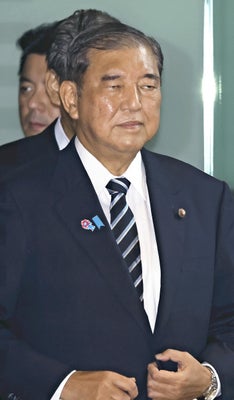The Japanese Prime Minister is considering the dissolution of the lower house, a move that's causing nationwide contention. The process, however, is expected to meet with significant obstacles. The Prime Minister's contemplation comes amidst escalating political struggles within the government. The country is divided, with many uncertain about the future of Japan's political landscape.
In Japan, government dissolution is seen as a consequential political move, typically used when the ruling party aims to consolidate its power or deal with internal divisions. The public is concerned, as such a move could lead to a general election, generating uncertainty and potential instability. Furthermore, it involves the Emperor's ceremonial role in the dissolution of the government, highlighting the constitutional role of the monarchy within the sociopolitical fabric of Japan.
Similar movements occur internationally, particularly in parliamentary governments like in the UK and some EU nations where Prime Ministers can dissolve the government to trigger election processes. However, the context and implications can differ significantly, depending on the country's unique political system, societal norms, and constitutional laws.

